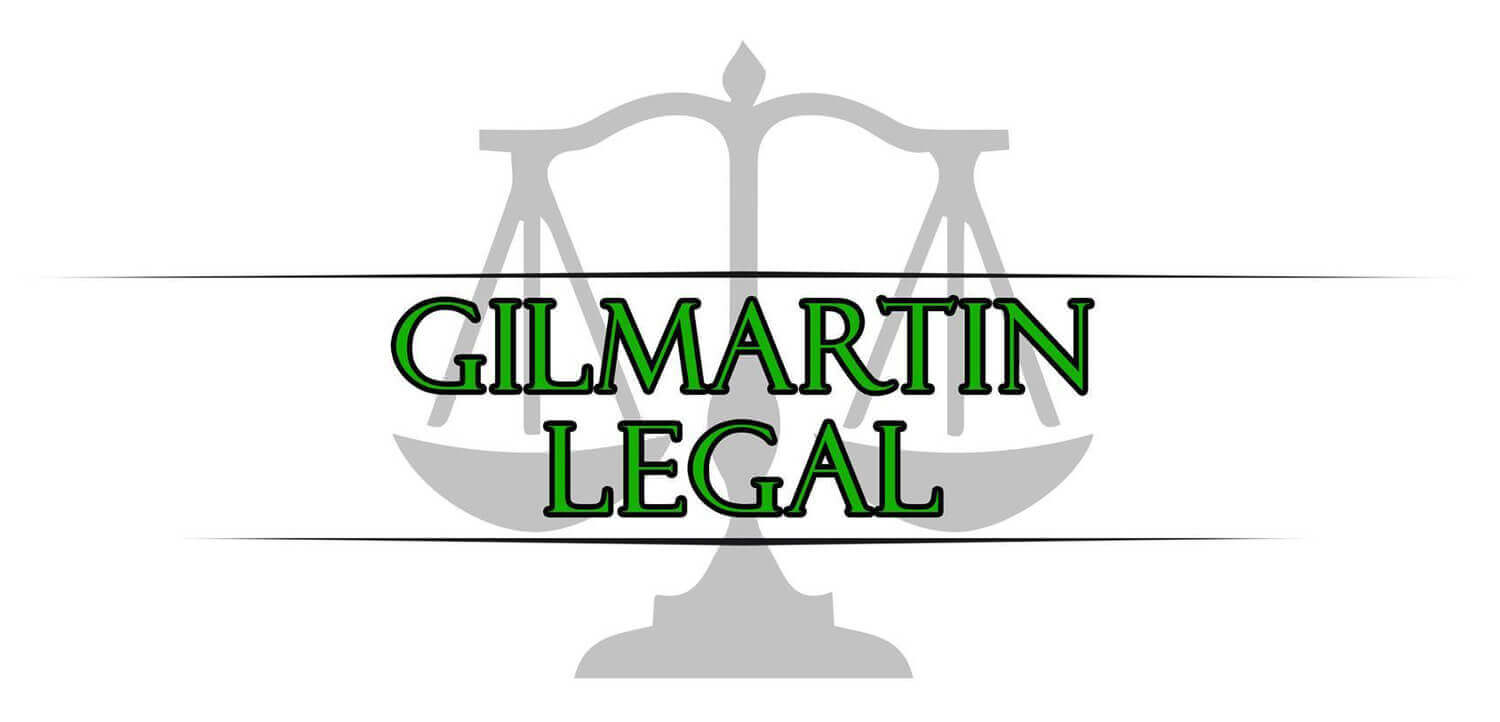Real Estate Transaction Checklist
Illinois Real Estate Closing Checklist
Buying and selling real estate can be a complex transaction. There are multiple steps that need to take place before title and possession of the property can be transferred to the buyer. Ultimately and ideally, the closing is the successful end of a lengthy process that involves the cooperation of multiple parties and coordination of moving parts. The real estate broker, seller, buyer, mortgage lender, title company and attorneys must all work together for a real estate closing to occur successfully. The following is a checklist of steps involved in a real estate transaction. Please note that this checklist is not exhaustive and does not replace the advice of a Chicago Real Estate Attorney.
Real Estate Checklist: Steps in a Real Estate Transaction
- Finalize Real Estate Purchase Agreement. The buyer and seller will work out an agreement about the sale price of the real estate and any contingencies. For example, the buyer may make the sale contingent on the inspection, the ability to obtain financing, and the sale of their current home. It is imperative to have an attorney review this agreement during the attorney review and modification period provided for in the contract to make sure your understanding is represented by the contract.
- Set Closing Date. The real estate purchase agreement will include a closing date. The amount of time required for closing will depend on many factors, including the amount of time the lender needs, and the wishes of the owner and buyer.
- Obtain Home Inspection and Disclosures (Buyer). This is an examination of the condition of the home and any problems are reported to the prospective purchaser. Seller will complete and provide to buyer the following:
- Lead Based Paint Inspection or Waiver.
- Disclosure of Radon Hazards
- Disclosure of Hazardous Mold
- The Illinois Residential Real Property Disclosure Report
- Negotiate Repairs and/or Closing Credits (Buyer). If the home inspection discovers any problems, the buyers may ask for repairs or ask to have the price adjusted accordingly. This is something to negotiate between the buyers and sellers, facilitated by real estate brokers and attorneys for both sides.
- Order the Appraisal (Buyer). Determines the value of the property and maximum amount lender will provide for financing.
- Obtain Loan Approval (Buyer). If a loan is needed for the purchase of the property, the buyer must obtain loan approval. This is an involved, information intensive process.
- Purchase Homeowner’s Insurance (Buyer). Homeowner’s insurance protects against the loss of the home and its contents. Lenders require homeowner insurance as a condition of the loan.
- Complete Repairs (Seller). Any repairs agreed upon must be completed.
- Finalize All Contingencies. Any other contingencies must be met.
- Order Title Commitment (Seller). The title commitment is not title insurance. Rather it is a commitment from the title company that they will insure the title if all conditions are met.
- Obtain the Survey (Seller). This is an assessment of the property to determine how much land is owned and whether there are any easements or encroachments.
- Prepare the Deed (Seller). A deed is the legal instrument used to transfer real property. It describes the property, names the respective parties and includes the signature of the person transferring the property.
- Prepare the Bill of Sale (Seller). This is a written document that transfers the ownership of the personal property such as washers and dryers.
- Prepare the Affidavit of Title (Seller). This is a document that the seller provides affirming that he/she owns the property and that there are no liens against the property.
- Prepare the ALTA Statement (Seller). In this document the seller is promising the title company that they haven’t done anything since the title commitment to create a lien against the property.
- Obtain Payoff Letter for Mortgage (Seller). This letter will detail the exact amount due to payoff the loan.
- Transfer Utilities. All utilities must be transferred to the new owner.
- Closing Statement. This document details all the costs/fees associated with the transaction.
- Power of Attorney. If one party chooses not to attend the closing, a Power of Attorney document can be used to allow a stand in to sign any forms at the closing. The Power of Attorney gives another person the ability to act in the place of the missing party.
- Prepare Illinois PTAX Form. On this form the tax liability is calculated and reported, including: City Transfer Tax Declaration, County Transfer Tax Declaration, and State Transfer Tax Declaration.
- Obtain Zoning Certificate. Depending on the municipality a zoning certificate may or may not be required. For example, in the city of Chicago you will need a zoning certificate to show that the property is zoned for your intended use.
- Execute Financing Documents. All financing documents must be signed, including the mortgage, note and mortgage disclosures.
- Purchase a Warranty. For new construction there may be a Builder’s Warranty, and for older homes warranties can be purchased to cover costs associated with appliances, HVAC or roof.
Buyers/Sellers Bring to Closing
- Bring Photo I.D. It is important to bring photo identification to the closing.
- Transfer Keys. Once the documents are signed and the money transferred, the keys need to be turned over as well, along with any garage openers.
- Transfer Funds. The agreement isn’t final until the money is transferred.
Commercial Property With Leases
- Obtain Schedule of Leases. If it is a commercial property with leases already in place, then a schedule of the leases must be provided.
- Draft the Assignment of Leases/Attornment Agreement. Any leases already in place must be turned over to the new owner in a document known as the assignment of leases. The Attornment agreement is signed by each tenant, certifying that the leases are valid and enforceable.
- Draft the Assignment of Contracts. Any contracts already in place can be turned over with an assignment of contracts.
Properties With Communal Property
- Obtain Estoppel Letters. For any property with a homeowner’s association or other organization that oversees communal property where owners must pay a fee, it is necessary to obtain an estoppel letter that explains what fees are owed by the previous owner at closing so that the new owner is not liable for previous fees.
Every transaction is unique and different steps may need to be taken if a trust is involved or if the property is subject to probate. Since real estate transactions are complex, it is important to hire an experienced real estate attorney that can guide you through the process and provide valuable guidance. Contact Gilmartin Legal today for your next real estate transaction.






